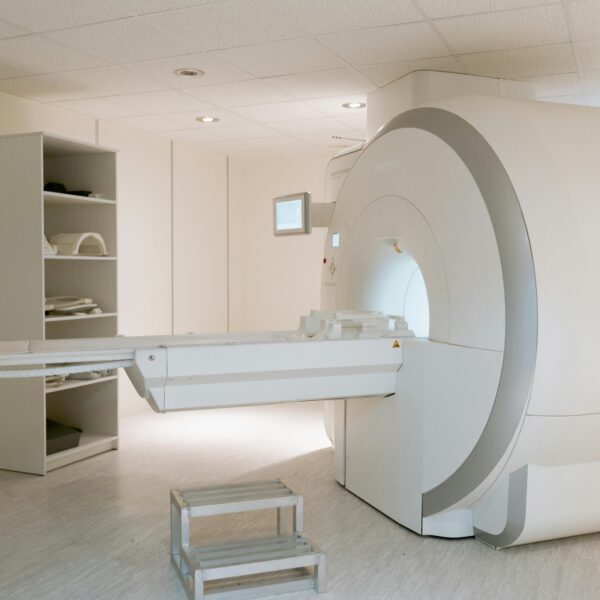Times and titles are changing, and it seems to be for the better. On May 24th, the House of Delegates (HOD) for the American Academy of PAs (AAPA) made an official decision to adopt the title Physician Associate for PAs. This has been an unofficial argument for over 10 years now, and this specific decision comes after the 2019 AAPA decision to refer to Physician Assistants and just PAs.
While a portion of the medical community does not agree, a large majority of PAs support the change from Physician Assistant to Physician Associate. The debate has been long and loaded with opinions on both sides, so take a moment to get a run down on the facts before we talk about the rulings.
The History and the Final Decision
PAs were created in an attempt to lighten the stress of the physician shortage over 60 years ago. Where physicians have several extra years of intense schooling, PAs are clinicians, trained in the same manner, who instead build on real world experience. Despite being able to provide a large amount of the same care as a physician, Physician Assistants operate under a name that denotes them as lesser to physicians.
The push for a change to Physician Associate over PA or Physician Assistant comes from several places. The core argument, though, is that PAs and Physicians are meant to work together as a team rather than a lead and a subordinate. There are some decisions that only a physician can make, but the care PAs provide is on par as a physician. The lack of acknowledgement in the medical community slows the pace of treatment, confuses patients, and insults PAs.
The AAPA ruled in 2019 to call Physician Assistants PAs as a first step to a full name change. Following this, in 2020, Medicare took a major pro-PA stance in saying that they would largely defer supervisory rules to state laws. This backing from Medicare will allow states the ability to utilize PAs to their fullest of capabilities without waiting for national rulings.
In late May of 2021, the HOD of the AAPA officially ruled that PAs will be referred to, and officially titled, Physician Associates instead of Physician Assistants. The vote was not close- it passed with a majority vote of 198 to 68. This official ruling cannot be overturned by the AAPA Board and plans are in the works to begin enacting the legal and social precautions of solidifying this change. As this decision is backed by a majority of PAs, with 40% actively supporting the name change and 45% neither supporting or opposing the change.
What this Means for Practitioners
While this should certainly be celebrated, it should be noted that this will take some time (and money) to properly enact what has been decided. The estimated cost in the final Title Change Investigation report is $21.6 million and it is expected to take several years to implement the new title in a way that is legally responsible and sound.
Until laws can be changed to reflect this decision, constituent organizations cannot be forced to change the way they reference PAs, so the next few years could show discrepancies in between groups. Additionally, the news is not something widely spread outside of the medical community, so the AAPA’s legal team “recommends that PAs refrain from representing themselves as ‘physician associates’ at this time” as it could confuse patients or be seen as a PA attempting to extend their possible scope of practice.
This time delay might take away from the immediate excitement of the AAPA’s decision, but approaching this change with cautious steps will ensure an easier transition over time. PAs and other medical professionals should continue to celebrate this choice and look forward to the precedent it sets.
If you are interested in talking to a professional about how to best represent yourself on your resume or in an interview, submit your resume directly or apply to a position on our job board. Our recruiters are always looking to help qualified candidates get the jobs of their dreams, so reach out today!











